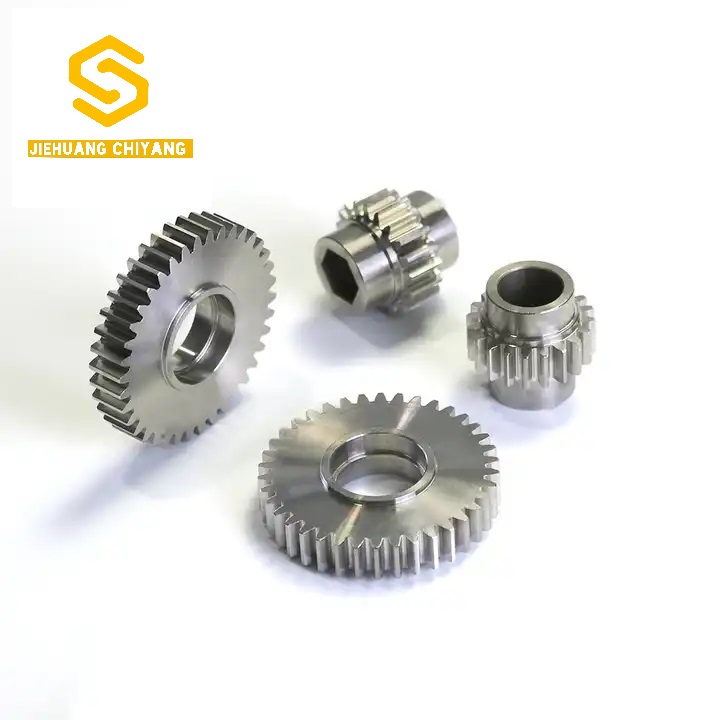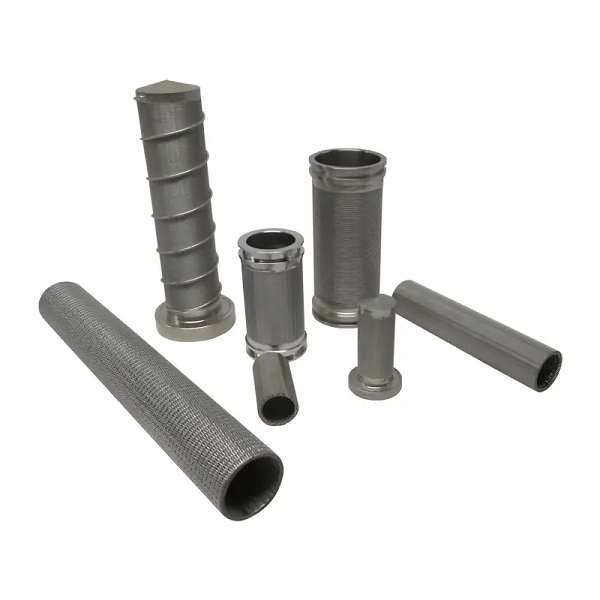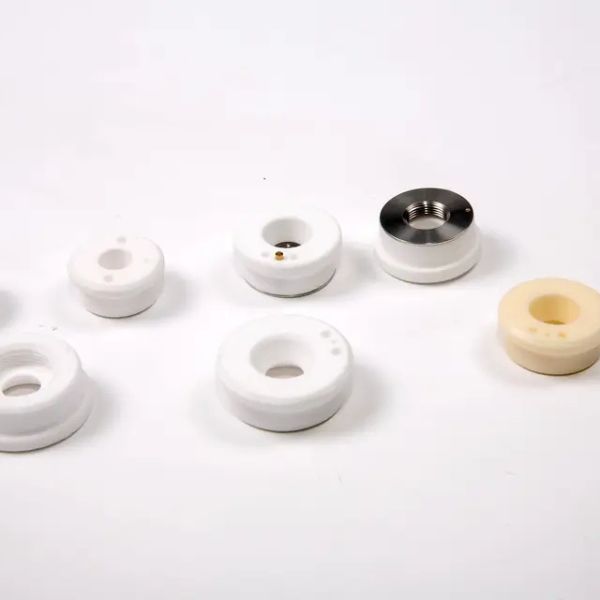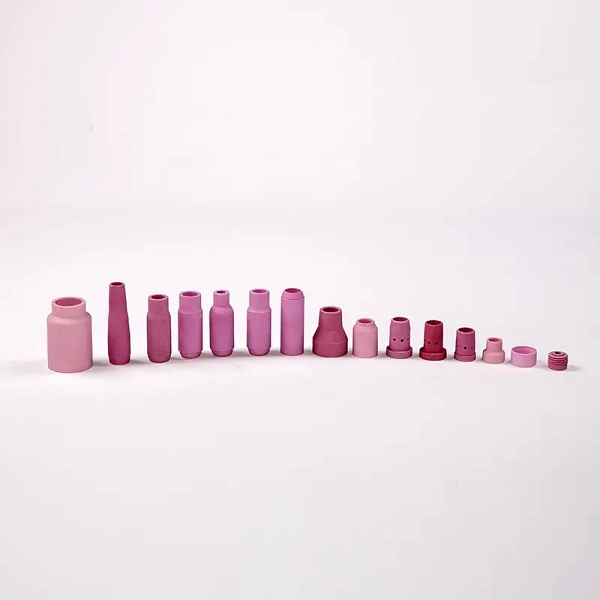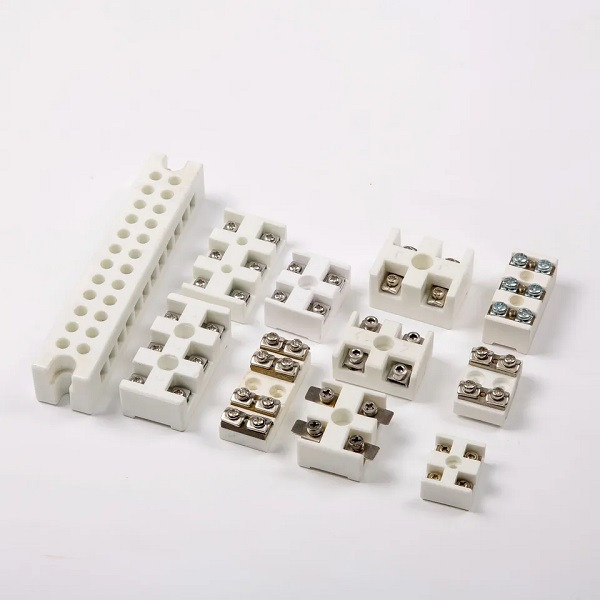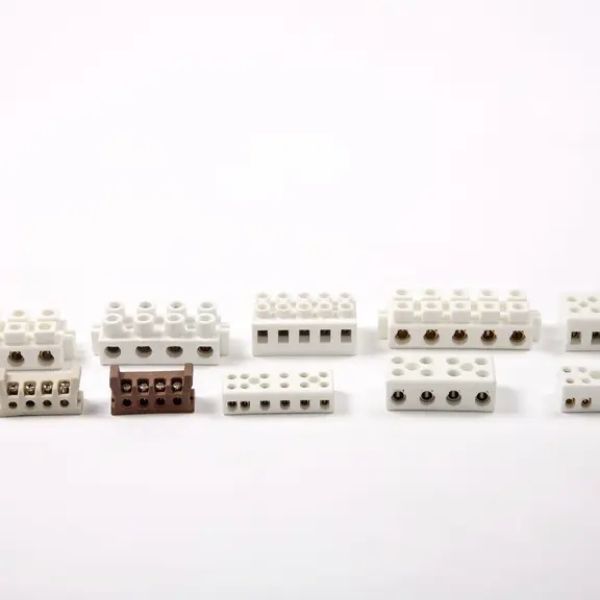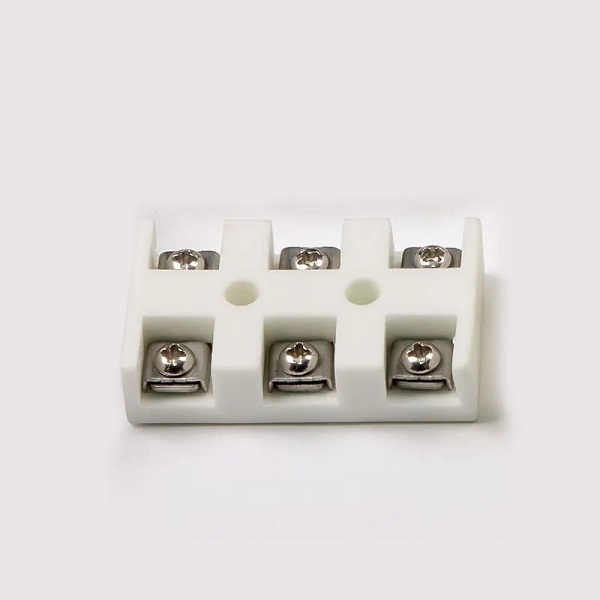- Metal Injection Molding MIM Parts
- Powder Metallurgy
- Die Casting
- 3D Printing
Story With Customer
MIM Materials

Applicable materials for Metal injection molding:
MIM process is applicable to a wide range of materials, including low alloy steel, stainless steel, tool steel, nickel base alloy, tungsten alloy, hard alloy, titanium alloy, magnetic materials, Kovar alloy, fine ceramics, etc
What kind of metal products are suitable for the MIM process:
1. MIM components weight usually is 0.2g - 200g.
2. The projected area is 100 square centimeters.
3. The MIM parts size accuracy above 10MM is ±0.5%.
4. The MIM parts maximum wall thickness is 10MM.
5. Minimum size 0.2MM.
Table 1 Commonly used MIM materials and their application fields:
|
Material system |
Alloy brand, composition |
Application field |
|
Low alloy steel |
Fe-2Ni、 Fe-8Ni |
Various structural parts of automobile, machinery and other industries |
|
Stainless steel |
316L 、17-4PH、 420、 440C Table 2 Properties of commonly used MIM materials: |
Medical instruments, watch parts |
|
Hard alloy |
WC-Co |
All kinds of knives, clocks, watches |
|
ceramic |
Al 2O3 、 ZrO2 、 SiO2 |
IT electronics, daily necessities, clocks and watches |
|
Heavy alloy |
W-Ni-Fe、 W-Ni-Cu、 W-Cu |
Military industry, communications, daily necessities |
|
Titanium alloy |
Ti、Ti-6Al-4V |
Medical and military structural parts |
|
Magnetic material |
Fe、 NdFeB、 SmCo5、Fe-Si |
Various magnetic components |
|
Tool steel |
CrMo4、M2 |
Various tools |
Table 2 Properties of commonly used MIM materials:
|
Material Designation |
Alloy Composition (wt%) |
Condition |
Density ρ (g/cm³) |
UTS σ b(Mpa) |
YS σ 0.2(Mpa) |
Elongation σ (%) |
Hardness |
|
Low Alloy Steel |
|||||||
|
MIM4600 (MIM2200) |
Ni 1.5~2.5% Mo 0.5% max Fe balance |
Sinterd |
7.50 |
290 |
125 |
40 |
45~65HRB |
|
MIM4600 (modeifed) (MIM2700) |
Ni 6.5~8.5% Mo 0.5%max Fe balance |
Sinterd |
7.60 |
410 |
210 |
26 |
70~90HRB |
|
MIM4605 |
Ni 1.5~2.5% Mo 0.2~0.5% C 0.4~0.6% Fe balance |
Sinterd |
7.50 |
415 |
255 |
15 |
65-85HRB |
|
Heat Treated |
7.50 |
1655 |
1480 |
2 |
45~50HRC |
||
|
MIM4140 |
Ni 0.75~1.25% Cr 0.75~1.25% Mo 0.75%max C 0.3~0.5% Fe balance |
Sinterd |
7.50 |
820 |
620 |
10 |
70~100HRB |
|
Heat Treated |
7.50 |
1400 |
820 |
5 |
45~45HRC |
||
|
Stainless Steel |
|||||||
|
MIM SS316L |
C 0.03%max Ni 10~14% Mo 2~3% Cr 18~20% Fe balance |
Sinterd |
7.75 |
500 |
250 |
4 |
65~85HRB |
|
MIM SS304 |
C 0.08% max Ni 8~10% Cr 18~20% Fe balance |
Sinterd |
7.65 |
480 |
270 |
35 |
65~85HRB |
|
MIM SS420 |
C 0.2~0.4% Cr 12~14% Fe balance |
Heat Treated |
7.40 |
1310 |
11500 |
6 |
40~45HRC |
|
MIM 17-4PH |
C 0.07%max Cr 15.5~17.5% Cu 3~5% Ni 3~5% Nb 0.15~0.45% Fe balance |
Sinterd |
7.50 |
900 |
730 |
6 |
20~28HRC |
|
Heat Treated |
7.50 |
1185 |
1090 |
5 |
32~42HRC |
||
|
MIM SS310S |
|
Sinterd |
7.70 |
520 |
205 |
40 |
80~100HRB |
|
Magnetic Materials |
|||||||
|
MIM Fe3Si |
C0.05% Si 2.5~3.5% Fe balance |
Sinterd |
7.60 |
530 |
390 |
24 |
75~85HRB |
|
MIM Fe50Ni |
C 0.05%max Ni 49~51% Fe balance |
Sinterd |
7.70 |
455 |
160 |
30 |
50~65HRB |
|
MIM Fe50Co |
C 0.05%max Co 48~50% Fe balance |
Sinterd |
7.70 |
205 |
140 |
~1.0 |
65~85HRB |
|
MIM SS430 |
C 0.05max Cr 16~18% Fe balance |
Sinterd |
7.50 |
400 |
240 |
25 |
65~HRB |
|
|
|
|
|
|
|
|
|
Table 3 Comparison between MIM and other processes:
|
Comparison project |
MIM |
P/M |
Die Casting |
Investment Casting |
Machining |
|
Part density |
High |
Low |
High |
Fair |
High |
|
Part tensile strength |
0.5mm |
1mm |
0.8mm |
2mm |
0.5mm |
|
Part surface finish |
Fine1 μ m Ra |
Coares |
Medium |
Medium 5 μ m Ra |
Fine |
|
Parts miniaturization capability |
Good |
Fair |
Poor |
Fair |
Good |
|
Parts thin-walled capacity |
Many |
Average |
Few |
Average |
Many |
|
Parts complexity |
95~100% |
<95% |
99~100% |
99~100% |
99~100% |
|
Tolerance of part design |
Average |
High |
Average |
Average |
High |
|
Mass production capacity |
Good |
Poor |
Fair |
Good |
Good |
|
Adaptive material range |
High |
High |
High |
Fair |
Low |
|
Supply capacity |
Average |
Low |
Low |
Average |
High |
Metal injection molding is a new powder metallurgy process, it can produce high density and complex shape sintered parts without machining. With the unique characteristics of MIM materials, MIM is able to produce precision metal parts for a variety of products, including automobiles, mobile phones, hand tools, dental instruments, pneumatic tools, power hand tools, surgical instruments, sporting goods and laptop computers. The most commonly used metal materials in MIM process are stainless steel, alloy steel and soft magnetic materials.
Jiehuang MIM, we specialize in MIM parts of stainless steel, low alloy steel material.
Jiehuang MIM can manufacture precision MIM components of different materials according to your needs.




